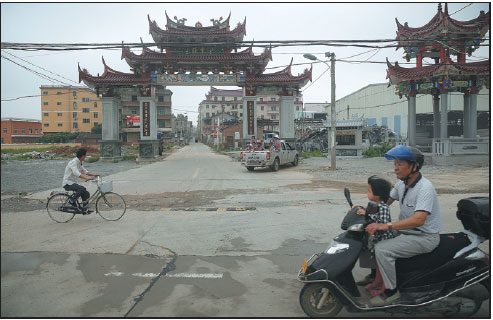GP system planned after student death uproar
Updated: 2016-05-13 07:35
By Shan Juan(China Daily)
|
||||||||
|
Amotorcyclist passes a traditional gate in Dongzhuang town, Putian city, Fujian province. Residents of the town are reported to have set up 80 percent of China’s private hospitals. Liuhang/ For China Daily |
Values before profits
As Baidu was busy restructuring its results related to health and medical information, CEO Robin Li published an open letter urging employees to put values before profits.
"If we lose the support of users, we lose hold of our values, and Baidu will truly go bankrupt in just 30 days!" wrote the head of the Nasdaq-listed company.
On Sunday, Sougou, one of Baidu's biggest rivals, launched a new search product called "Wise Doctor". The company said the site is free from commercial influence, and major sources of information include the World Health Organization and the Chinese Center for Disease Control and Prevention.
Ying Jianming, deputy director of the Pathology Department at the Chinese Academy of Medical Sciences' cancer institute and hospital, said health education should be accessible through a range of channels, but especially online.
Take cancer treatment for example. Even the best treatments available can only prolong the life of a patient with terminal cancer by three to four years, but in Wei's case, the hospital claimed its treatment could result in an extra 10 to 20 years, despite his end-stage synovial sarcoma.
"That was obviously untrue," Ying said. He urged the authorities to oversee medical content in cyberspace and other media outlets to prevent fraudulent practices. On the supply side, practices should be strictly regulated according to national rules and regulations, he said.
Wei's case revealed how the military hospital allegedly ignored regulations banning commercial collaboration, provided an unapproved treatment for profit, posted false claims about its treatments and subcontracted services to private healthcare providers.
The Second Hospital of the Beijing Armed Police Corps is no stranger to publicity. Its services have been featured by the State broadcaster, China Central Television, and two years ago, Nanfang Weekend cast doubts about its credibility and immunotherapy program.
Despite the media exposure, "they were still off the government's regulatory radar and continued with business as usual," said Yang Xiaojun, a professor of administrative law at the Chinese Academy of Governance.
Hospitals affiliated with the military are more prone to irregularities because they do not fall under the jurisdiction of the public health authorities, he said. Instead, they are overseen by the health bureaus of the Central Military Commission and the National Armed Police Force. Their rules are more opaque than government regulations, which can result in management loopholes.
Now that military-affiliated medical resources are open to civilians, they should be governed by the general health authorities, led by the National Health and Family Planning Commission, Yang said.
Although that would take time, "at least it would allow the military side to improve their management and supervisory capabilities for hospitals and medical procedures."
In March, the Central Military Commission ordered the People's Liberation Army and the Armed Police Force to end all commercial activities within three years. On Saturday, the PLA and APF selected the first 17 units to be ordered to cease commercial activities, such as property rentals and the provision of medical services.
- Canadian PM to introduce transgender rights bill
- Hillary Clinton says her husband not to serve in her cabinet
- New York cake show designs fool your eyes
- ROK prosecutors seek 17-year prison term for attacker of US envoy
- World's biggest plane leaves Australia
- Conference calls for females to be put at forefront of development

 Apple's CEO Tim Cook's eight visits to China in four years
Apple's CEO Tim Cook's eight visits to China in four years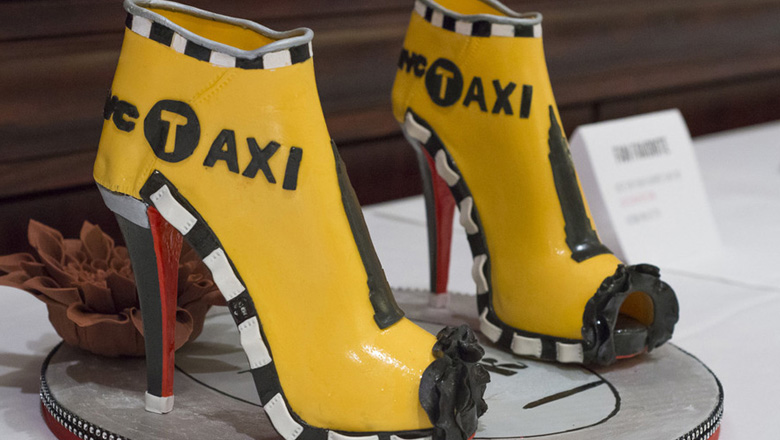
 Annual New York cake show designs fool your eyes
Annual New York cake show designs fool your eyes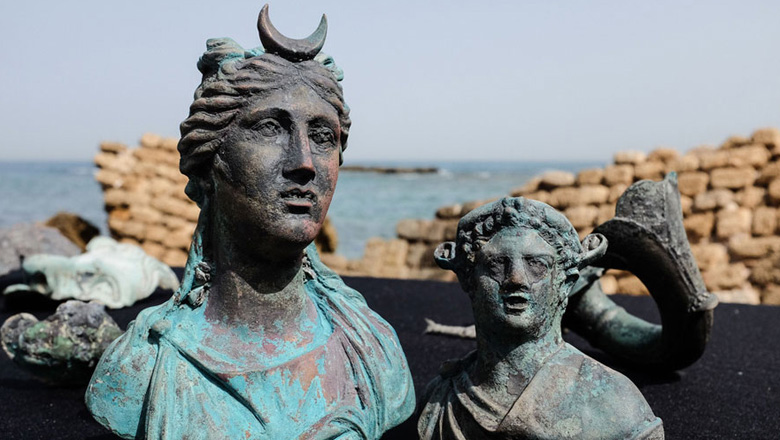
 Divers find ancient Roman cargo from shipwreck in Israel
Divers find ancient Roman cargo from shipwreck in Israel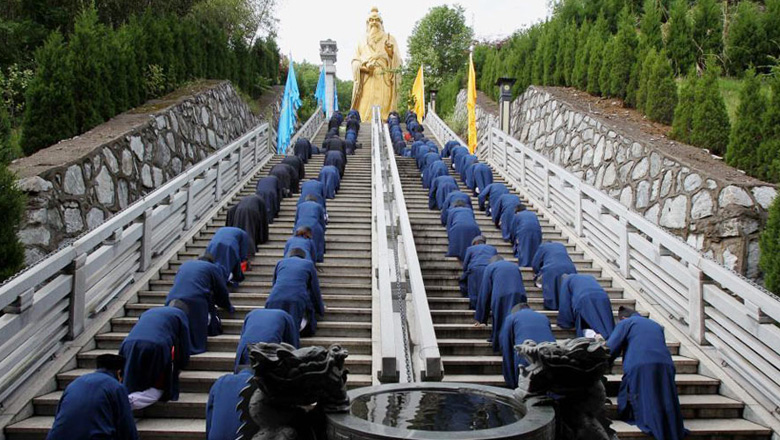
 Taoist priests worship their ancestors in Central China
Taoist priests worship their ancestors in Central China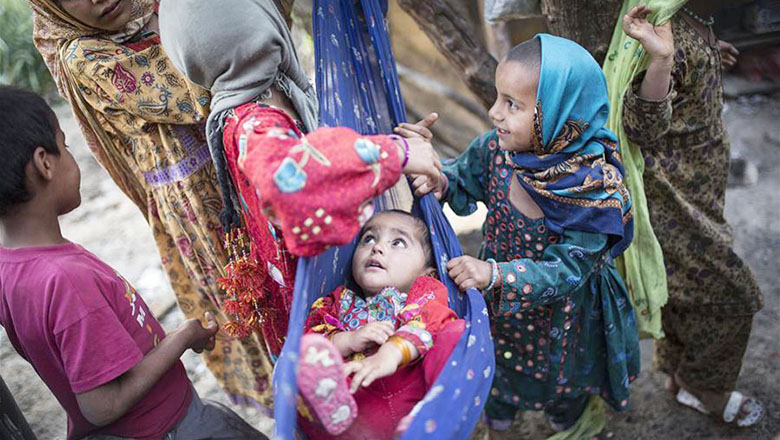
 The world in photos: May 9-May 15
The world in photos: May 9-May 15
 Top 10 most generous companies in China
Top 10 most generous companies in China
 Wine market shrugs off slump
Wine market shrugs off slump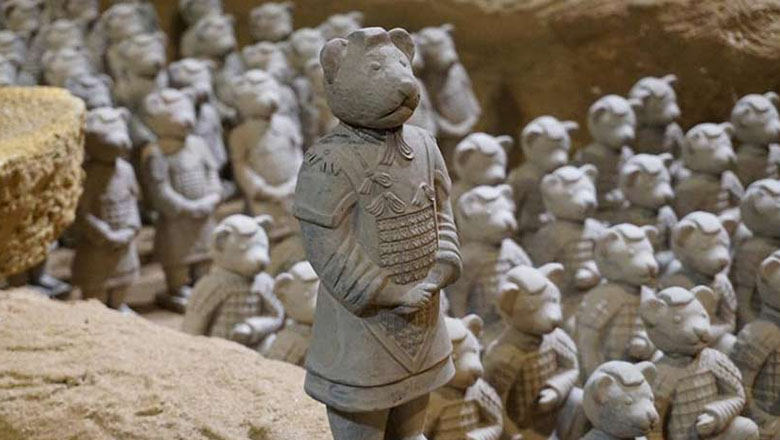
 Terracotta teddy bears debut in Wuxi
Terracotta teddy bears debut in Wuxi
Most Viewed
Editor's Picks

|

|

|

|

|

|
Today's Top News
Liang avoids jail in shooting death
China's finance minister addresses ratings downgrade
Duke alumni visit Chinese Embassy
Marriott unlikely to top Anbang offer for Starwood: Observers
Chinese biopharma debuts on Nasdaq
What ends Jeb Bush's White House hopes
Investigation for Nicolas's campaign
Will US-ASEAN meeting be good for region?
US Weekly

|

|
